Qualities to Know About Tax Preparation for Contractors
Independent contractors face unique tax responsibilities compared to traditional employees. Proper tax preparation is essential to avoid penalties, reduce liability, and stay compliant. S|CPA Group – A Member of the S|CPA Network provides tax preparation for contractors in Austin, Dallas, Fort Worth, Plano, San Antonio and surrounding regions.
These are key qualities to understand:
- Self-Employment Tax Obligations
Contractors are considered self-employed and must pay both the employer and employee portions of Social Security and Medicare taxes, collectively known as self-employment tax. This is typically around 15.3% of net earnings.
- Quarterly Estimated Payments
Unlike employees who have taxes withheld from each paycheck, contractors must estimate and pay taxes quarterly to the IRS. Failing to do so may result in penalties. Keeping track of income and setting aside funds throughout the year is critical.
- Deductions and Business Expenses
One of the biggest advantages for contractors is the ability to deduct legitimate business expenses. These may include home office expenses, supplies, travel, software, internet, phone bills, and professional services. Maintaining accurate records and receipts is key.
- Form 1099-NEC and Recordkeeping
Clients typically report payments to contractors using Form 1099-NEC. Contractors should ensure they receive all necessary forms and compare them to their own income records to avoid discrepancies during tax filing.
- Choosing the Right Business Structure
Contractors can benefit from forming a legal business entity, such as an LLC or S-Corp, to gain potential tax advantages and liability protection. Each structure has different filing requirements and tax implications.
- Professional Assistance
Given the complexities of self-employment tax law, many contractors work with tax professionals or use specialized tax software. Professional advice helps ensure compliance, optimize deductions, and plan effectively.
Conclusion
Understanding tax obligations, tracking expenses, and making timely payments are essential practices for contractors. Good tax preparation not only avoids penalties but can also lead to significant savings and peace of mind.
Should you have any questions, feel free to give us a call.
